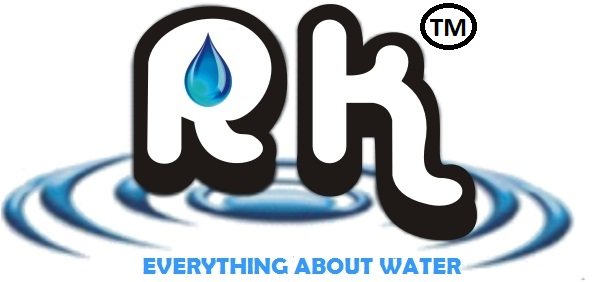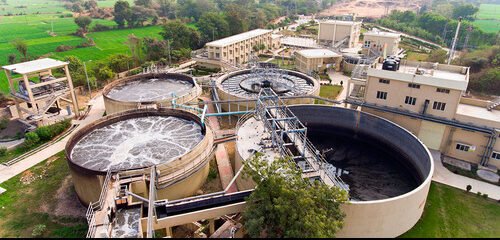Sewage is the waste generated from residential, institutional, commercial and industrial establishments. STP plant treats the sewage to make it fit for safe disposal, agricultural use or domestic use in toilets etc. Sewage usually contains a high quantity of organic and inorganic wastes. It is essential to treat sewage before it enters into any water body. If sewage, is allowed to enter the water sources without treatment, it will contaminate them; which is why it is essential to treat sewage properly before letting it into rivers or any other sources of water.
Sewage Treatment Plant, or domestic wastewater treatment, is the process of removing contaminants from wastewater and household sewage, both runoff (effluents) and domestic. The task of designing and constructing facilities for treating wastewaters falls to environmental engineers. They employ a variety of engineered and natural systems to get the job done, using physical, chemical, biological, and sludge treatment methods. Its objective is to produce a waste stream (or treated effluent) and a solid waste or sludge suitable for discharge or reuse back into the environment. This material is often inadvertently contaminated with many toxic organic and inorganic compounds.
The features of wastewater treatment systems are determined by (1) the nature of the municipal and industrial wastes that are conveyed to them by sewers, and (2) the amount of treatment required to preserve and/or improve the quality of the receiving bodies of water. Discharges from treatment plants usually are disposed by dilution in rivers, lakes, or estuaries. However, outflows from treatment works must meet effluent standards set by the Environmental Protection Agency to avoid polluting the bodies of water that receive them.
Application :
- Golf & Country Clubs
- Holiday Camps
- National Parks
- Hotels & Resorts
- Service Stations
- Military Camps
- Institutions
- Restaurants
- Housing Complexes



